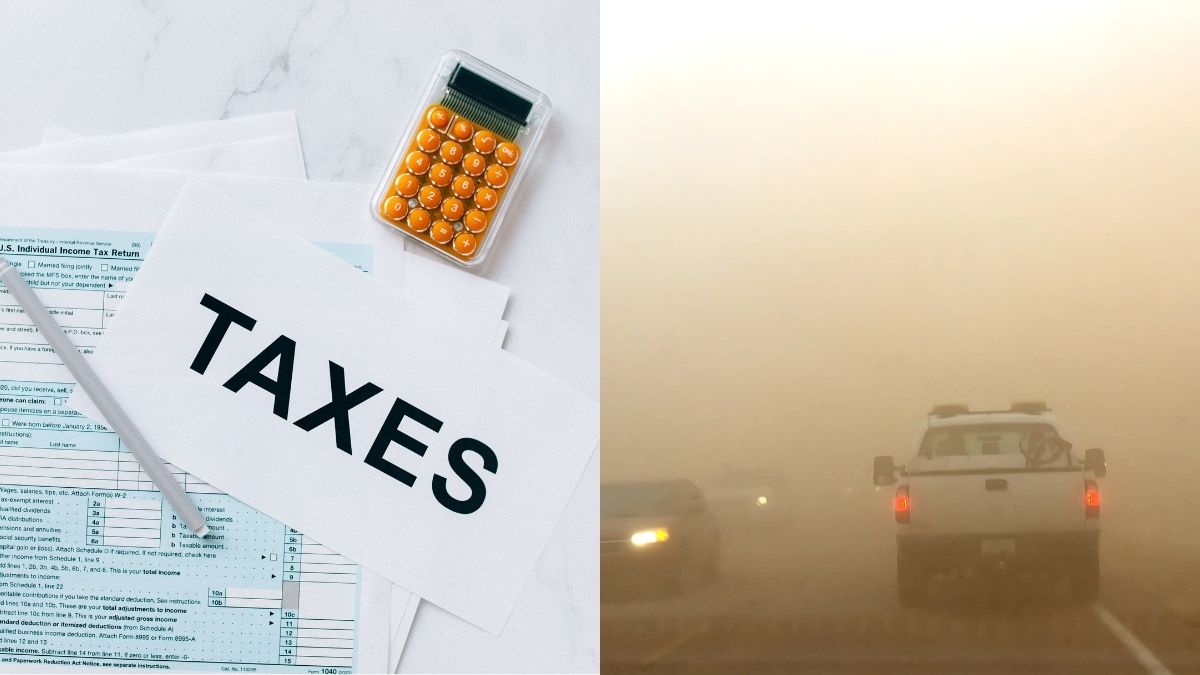The next time you sip your morning coffee, take a moment to appreciate the journey those beans have undergone to reach your cup. Well, because now, that may be hampered. Coffee beans, primarily grown in tropical regions, are susceptible to changes in weather patterns, making them easy to the impacts of El Niño. El Niño is a climate phenomenon characterised by the warming of the central and eastern equatorial Pacific Ocean. It can have significant effects on coffee production and the coffee industry.
Why Would Coffee Beans Get Affected

According to the National Oceanic and Atmospheric Administration (NOAA), El Niño has arrived. This phenomenon raises the world’s average temperature, which has an impact on rainfall and agriculture. El Niño will affect the cost of coffee, chocolate, and other indulgent treats, according to a Bloomberg article.
The return of El Niño and prospects of hotter, drier weather in producing countries are now threatening to exacerbate tight supply, according to the article. Due to scarcity, one beverage major in Japan stopped selling Tropicana orange juice. Additionally, German producers of chocolate and biscuits lament the skyrocketing prices of sugar and cocoa.
According to the Bloomberg story, unfavourable weather is expected to cause an 8% decrease in cocoa bean output in West Africa over the upcoming season. It is the largest cocoa-growing area in the world, with nations like Ghana known for producing premium chocolate that pastry chefs like.
Also Read: Guide To Buying The Best Coffee Beans: Here Are The Types, Roasts, & More You Need To Know!
El Niño’s Effects On The Coffee Industry

According to the news report, robusta prices reached a record high last week. Brazil’s robusta bean output is anticipated to decrease by 5%. Vietnam is the country that produces the most robusta beans, but there is a shortage there right now. Meanwhile, “output is projected to drop by 20%” in Indonesia, the second-largest exporter of robusta in the world. The cost of your regular cup of coffee will probably increase as a result of these variables.
Coffee is primarily grown in tropical regions, which are often susceptible to the impacts of El Niño. Understanding and monitoring El Niño patterns and their potential impacts on coffee-growing regions has become crucial.
El Niño’s effects on coffee production can have significant economic consequences for coffee farmers and the coffee industry as a whole. Reduced yields and lower-quality beans can lead to decreased income for farmers, affecting their livelihoods. Furthermore, fluctuations in coffee production due to El Niño can impact global coffee prices, as supply and demand dynamics are influenced. This can create market instability and challenges for coffee producers and traders.
What do you think of this?
Cover image credits: Canva
First Published: June 12, 2023 12:41 PM



